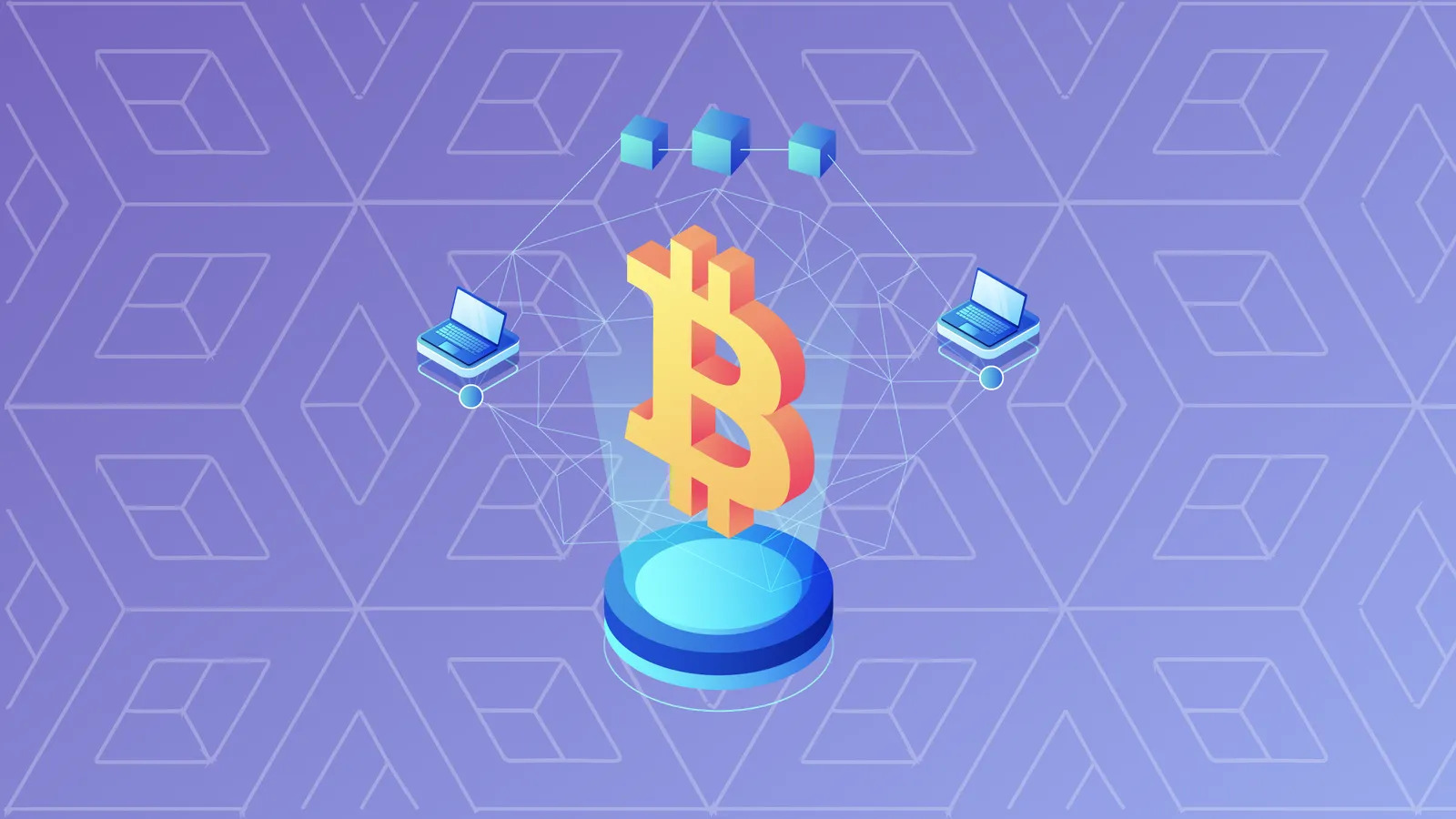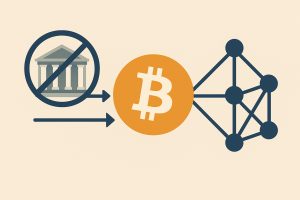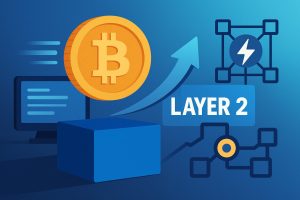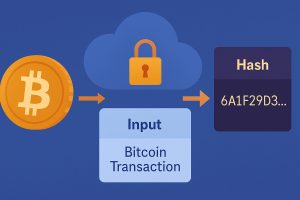The Primary Role of Bitcoin Nodes
Bitcoin is one of the most influential technological inventions of our time. It is not just a digital currency but a decentralized system that operates without a central authority. One of the most crucial aspects of Bitcoin is how it ensures transaction security and the integrity of the blockchain. Bitcoin nodes play a central role in this process. But how exactly do they work?
The Bitcoin network consists of thousands of nodes, each playing a role in strengthening the security of the system. These nodes act as watchdogs, ensuring that all transactions are legitimate before being recorded on the blockchain. Through cryptographic validation, nodes verify that there is no fraud or duplication of transactions.
Each node has a copy of the entire blockchain ledger and regularly updates it to stay current. Unlike traditional banks with centralized systems, Bitcoin nodes are decentralized, meaning no single entity controls the entire system.
What is a Bitcoin Node?
In its simplest definition, a Bitcoin node is a computer connected to the Bitcoin network. There are different types of nodes, but the most critical ones are full nodes. These nodes can verify, store, and distribute transactions and blocks throughout the network. When a new transaction occurs, full nodes review it to ensure it complies with Bitcoin protocol rules.
Full nodes are vital to the network because they enhance system security. Without enough full nodes, it becomes easier for hackers or malicious actors to manipulate the blockchain. This is why node operators contribute computing power to maintain trust in the system.
How Do Nodes Ensure Transactions?
When someone sends Bitcoin to another wallet, the transaction is broadcast to the Bitcoin network, where nodes filter it. The nodes check if the sender has a sufficient balance, if the transaction is not duplicated, and if the digital signature is valid.
Once verified, the valid transaction is forwarded to other nodes for additional verification. When enough nodes confirm the transaction’s validity, it is added to a block and recorded on the blockchain. This process ensures that no transaction can be added without thorough scrutiny.
The Role of Mining Nodes
In addition to full nodes, there are also mining nodes, which have a special function within the Bitcoin network. Miners use computational power to solve complex mathematical problems. Each time they successfully solve one, a block of valid transactions is added to the blockchain.
Besides validating transactions, mining nodes also help distribute new Bitcoins. With every mined block, miners receive newly created Bitcoins as a reward for their service. This process strengthens the network’s security while increasing the total Bitcoin supply in circulation.
How Do Nodes Maintain the Blockchain?
The blockchain is a sequential chain of blocks containing transactions. Since it is decentralized, there is no single database that hackers can infiltrate to alter records. Instead, every node holds a copy of the blockchain.
If someone attempts to manipulate the blockchain, they would need to change more than half of the nodes worldwide—an almost impossible feat. This is why the Bitcoin blockchain is considered highly secure, provided there are enough nodes running the network.
Why Are Bitcoin Nodes Important?
Without Bitcoin nodes, the entire system would lose its credibility. They ensure there is no fraud within the network and that all transactions follow the correct procedures. The more full nodes there are, the stronger the network becomes against hacking and other cyber threats.
Beyond security, nodes also help keep the network decentralized. A centralized system is more vulnerable to attacks or control, but with thousands of independent nodes, Bitcoin remains a democratic financial system.
How to Run Your Own Bitcoin Node
Although running a Bitcoin node is not required to use Bitcoin, it is a way to contribute to the network. To start, you need a computer with sufficient storage and a stable internet connection.
By installing the Bitcoin Core software, you can download the entire blockchain and start validating transactions. This process can take several days due to the blockchain’s size, but once fully synchronized, you become part of the global Bitcoin network.
What Happens If the Number of Bitcoin Nodes Decreases?
One of the main concerns in the Bitcoin network is a decline in active nodes. If this happens, network security could weaken, increasing the risk of hacking. With fewer independent verifiers, it becomes easier for bad actors to attempt blockchain manipulation.
Additionally, transaction speeds may slow down as fewer nodes filter and transmit information. To prevent this, more people are encouraged to run their own nodes to help maintain the strength of the Bitcoin network.
The Future of Bitcoin Nodes
As Bitcoin adoption expands, the number of nodes is expected to increase, further strengthening the network’s security and integrity. Despite ongoing challenges, Bitcoin has consistently demonstrated resilience against cybersecurity threats, proving its robustness as a decentralized financial system. The more nodes that operate, the more difficult it becomes for bad actors to manipulate transactions or compromise the blockchain.
Technological advancements, such as faster internet speeds, improved hardware efficiency, and more affordable storage solutions, will likely make running nodes more accessible to a broader range of users. As more individuals and organizations support Bitcoin by operating their own nodes, the network will continue to evolve into an even more secure and decentralized alternative to traditional finance.
Additionally, innovations in node software and protocol upgrades will streamline the process of maintaining a node, lowering technical barriers for participation. Increased decentralization not only fortifies Bitcoin’s censorship resistance but also ensures that its principles of transparency, trustlessness, and financial sovereignty remain intact as adoption continues to rise.
The Critical Role of Bitcoin Nodes in Network Security
Bitcoin nodes are the backbone of the Bitcoin network. They ensure every transaction is legitimate and follows the protocol. Through their decentralized operation, they keep the blockchain secure and reliable.
For anyone interested in Bitcoin’s security and future, understanding the role of nodes is essential. By encouraging more people to participate, the Bitcoin network becomes stronger and more resilient, providing a better alternative to traditional finance.
Running a Bitcoin node not only enhances network security but also empowers individuals with greater control over their transactions. Unlike relying on third-party services, operating a node allows users to verify transactions independently, reducing the risk of censorship or fraud. As Bitcoin adoption grows, maintaining a robust network of nodes will be crucial in preserving its decentralized and trustless nature.
















No Responses